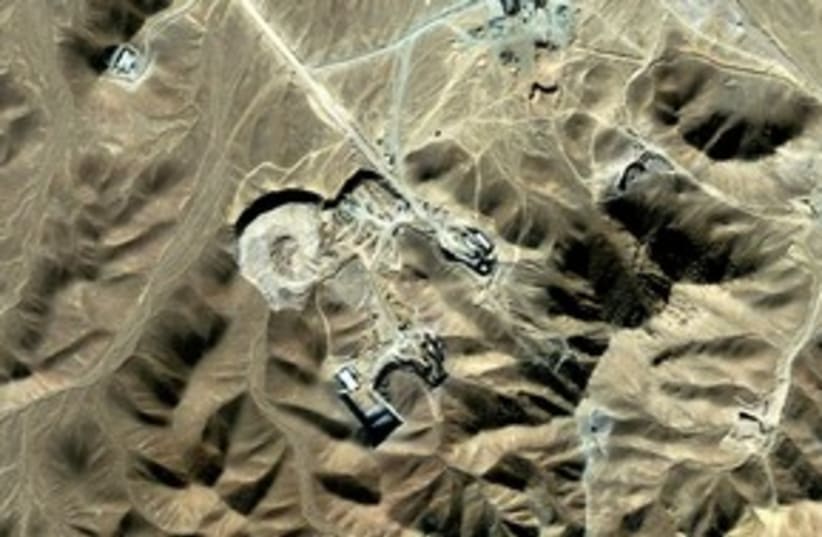Some intelligence in IAEA report came from Israel
Israel, United States and Europe contributed intelligence to upcoming report, 'Post' learns; Jerusalem seeks sanctions against Iran's central bank; report may include Iranian computer modeling of nuclear weapon.
